Members of the Spatial Sciences Institute Advisory Council are internationally renowned geospatial experts and visionary thinkers who provide the SSI leadership and faculty with insights on its academic programs and research enterprise.
Mark C. Abrams, Ph.D.
Dr. Mark C. Abrams is an international leader in high resolution spectroscopy, active and passive remote sensing, geolocation and co-authored Fourier Transform Spectrometry. He specializes in calibration and independent verification and validation of complex information systems.
Most recently, he supported the certification of high-resolution 3D digital surface models and co-registered imagery covering 26 globally distributed international sites. He has deployed on four continents, most recently in Africa, and has delivered national-scale reference databases across the last three decades on each continent.
He holds B.A, M.A. and Ph.D. degrees in physics from the University of California at Berkeley and has authored 54 papers in refereed journals.
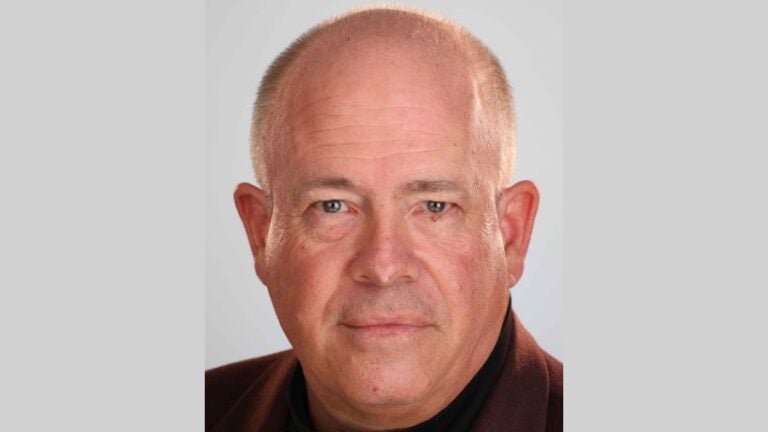
Budhu Bhaduri, Ph.D.
Dr. Budhendra “Budhu” Bhaduri is a Corporate Research Fellow and the director of science, programs, and partnerships for national security sciences at Oak Ridge National Laboratory (ORNL). In that capacity he provides strategic guidance and leadership to scientific and programmatic endeavors spanning geospatial science, artificial intelligence and machine learning, and scalable and high performance computing particularly focusing on defense space and environmental programs.
Dr. Bhaduri is responsible for evaluating technological trends, evolving sponsor requirements, and laboratory’s technical capability directions for growing ORNL’s programmatic footprint, and mission impact related to space technologies, climate security and emergency response. Additionally, he fosters strategic partnerships with leading universities, research institutions, private companies and charitable organizations to expedite the development and implementation of innovative solutions.
Since joining ORNL in 1998, Dr. Bhaduri has spearheaded initiatives covering novel implementation of geospatial science and technology for a wide variety of programs supporting energy, environment and national security missions across the Department of Energy, the Department of Defense and the Department of Homeland Security.
Dr. Bhaduri is a Fellow of the American Association for the Advancement of Science (AAAS), the American Association of Geographers (AAG), and has served on the Geographical Sciences Committee of the National Academy of Sciences. He is a founding member of the U.S. Department of Energy’s Geospatial Sciences Steering Committee and a recipient of the Department’s Outstanding Mentor Award for his dedicated service for developing future workforce for the nation.
He routinely serves on national and international expert panels and has published extensively in leading scientific journals. He holds professorial appointments with the University of Tennessee, Knoxville and is actively involved with academic institutions for scientific collaborations and student engagement for research in geospatial science.
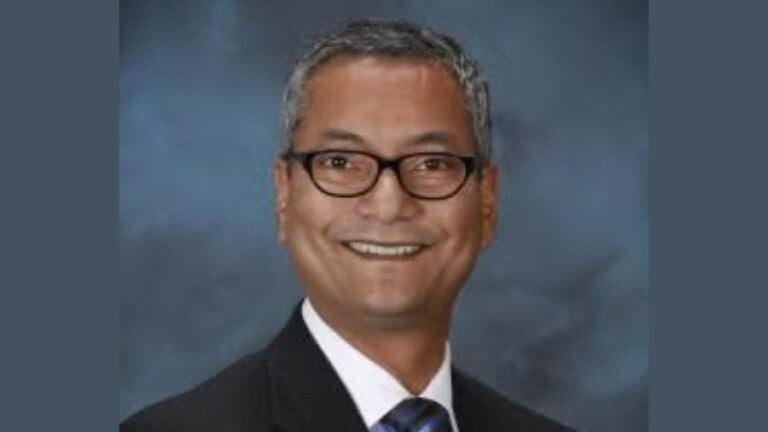
Deirdre Dalpiaz Bishop
Deirdre Dalpiaz Bishop is chief of the Geography Division at the U.S. Census Bureau, where she leads the development of a national geospatial database. This repository of addresses, roads and boundaries creates the foundation for the decennial census and ongoing surveys, enabling all data collection, tabulation and dissemination.
Bishop received her master’s degree in public administration from New York University and her bachelor’s degree in urban studies from Lehigh University. Bishop is a co-chair of the United Nations Committee of Experts on Global Geospatial Information Management, while also serving as head of the U.S. delegation to this committee. She is the president of the U.S. National Section of the Pan American Institute of Geography and History.
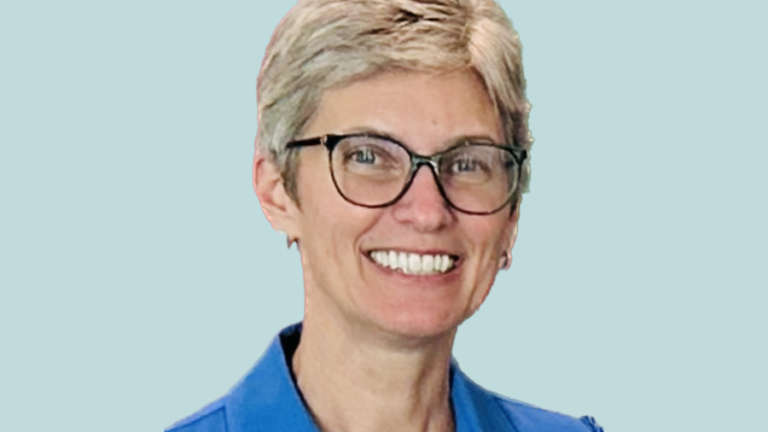
Courtney Fassett
Courtney is a strategy-aligned Senior Consultant at Deloitte Consulting LLP. She specializes in leveraging strategic, data-driven Geographic Information Systems (GIS) solutions to enhance and optimize business processes. Through data visualization, Courtney channels a spatial intelligence outlook to drive strategic decision-making and operational excellence. As the Regional Growth Lead for the Southern California (SoCal) region, Courtney oversees 10 internal growth workstreams, including Business Development, Marketing & Branding, and Cultural Inclusion. Her leadership in these areas is informed by a spatial perspective, ensuring that regional strategies are geographically informed and effectively executed.
Previously, Courtney led an operational workstream for a defense client, where she developed visualization solutions that streamlined government procurement and contracting. Courtney is a proud alumna of the Spatial Sciences Institute, where she honed her skills in spatial analysis and geographic strategy. Her commitment to the field is demonstrated by her 12 consecutive years of participation in the USC Spatial Sciences Institute Geospatial Summit, where she continues to engage with cutting-edge developments in spatial science.

Christy Monaco
Ms. Christy Monaco is the Chief Operating Officer (COO) at the Open Geospatial Consortium (OGC).
Previous to joining OGC, Christy was the Vice President of Programs at the U.S. Geospatial Intelligence Foundation (USGIF), a role she held since December of 2020. She previously served for over 30 years in the U.S. Intelligence Community, during which she held a number of positions including with the Office of Naval Intelligence (ONI), the Defense Intelligence Agency (DIA), and the National Geospatial-Intelligence Agency (NGA). A government executive for over half of her federal career, in 2022 she was recognized by President Biden as a Meritorious Executive in the Defense Intelligence Senior Executive Service for her contributions at NGA. Christy currently resides in Alexandria, Virginia.
Ms. Monaco was born in Nashville, Tennessee, grew up in Ormond Beach, Florida, and currently resides in Alexandria, Virginia. She is a graduate of Vanderbilt University, where she earned a Bachelor of Arts degree in Russian and English. Ms. Monaco has also earned a Master of International Management degree with a concentration in International Commerce from the University of Maryland, and a Master of Science degree in National Resource Strategy from the National Defense University’s Industrial College of the Armed Forces, from which she graduated with highest distinction. She is also a Pilates enthusiast and instructor, enjoys fly fishing, painting, and tries really hard to actually read the book club books.
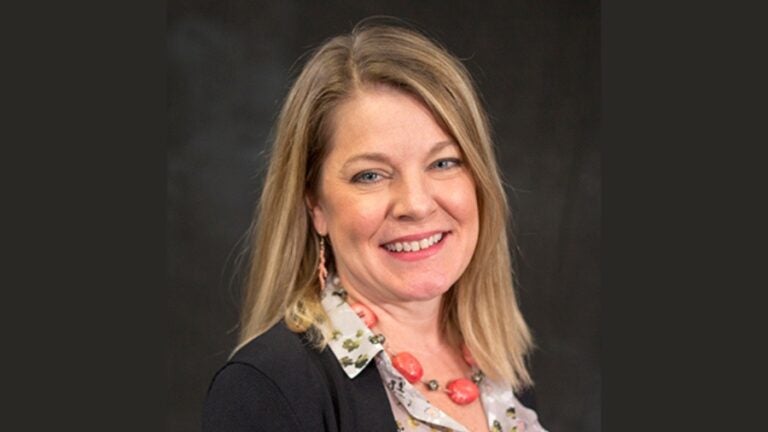
M. Sean O’Brien, Ph.D.
Sean O’Brien, Ph.D., is in charge of the Advanced Autonomy Contract R&D portfolio with the Research & Advanced Design Division of Northrop Grumman Corporation.
He was recognized as the 2021 AI Executive of the Year (WashingtonExec Pinnacle Award) for the National Security Industry. His goal is to create the teams, practices, processes and culture needed to tackle the exploding data and AI challenges facing government and commercial partners.
Most recently he has been Vice President, Intelligent Systems, HRL Laboratories. He previously was the Chief Technologist at Northrop Grumman for their Intelligence, Analytics and Autonomous Solutions business areas, which depend heavily on artificial intelligence and other advanced algorithms and spent several years leading Northrop’s Algorithmic Warfare Department in Woodland Hills, CA.
Before coming to NGC in 2005, Sean held multiple positions in academia, including at the Space Telescope Science Institute in Baltimore, MD, and at Yale University in New Haven, CT.
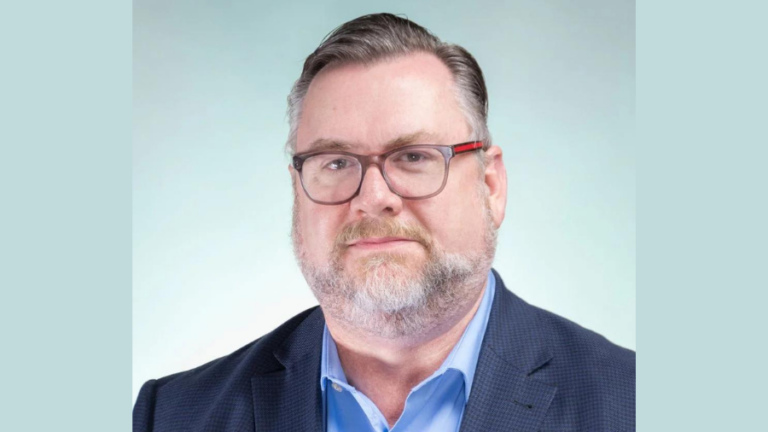
Elisabeth Root, Ph.D.
Dr. Elisabeth Root is Deputy Director for Gender, Vulnerability and Health Equity at the Institute for Disease Modeling at the Bill & Melinda Gates Foundation. In this role, she directs research that informs the design and implementation of programs and investments that focus on improving the health and well-being of women and children. Specifically, her portfolio investigates causal links between structural, social, and economic factors and health and wellbeing, and examines the drivers of program and intervention effectiveness across different geographies, contexts and subpopulations.
Dr. Root received her Ph.D. in Geography from the University of North Carolina at Chapel Hill and a M.A. in Geographic Information Science from University of Maryland College Park. Prior to joining the Gates Foundation, Elisabeth was a Professor of Geography and Epidemiology at The Ohio State University and served on the leadership team for the Institution for Population Research.
During her academic career, her research focused on the social determinants of health among vulnerable populations. She developed analytic techniques to examine the long-term and intergeneration impacts of health and development programs on women and children in Bangladesh, The Philippines and Honduras. Her research activities also focused on exploring spatio-temporal patterns of mortality and disease in LMICs, with an emphasis on modeling the contribution of social, economic and structural factors.
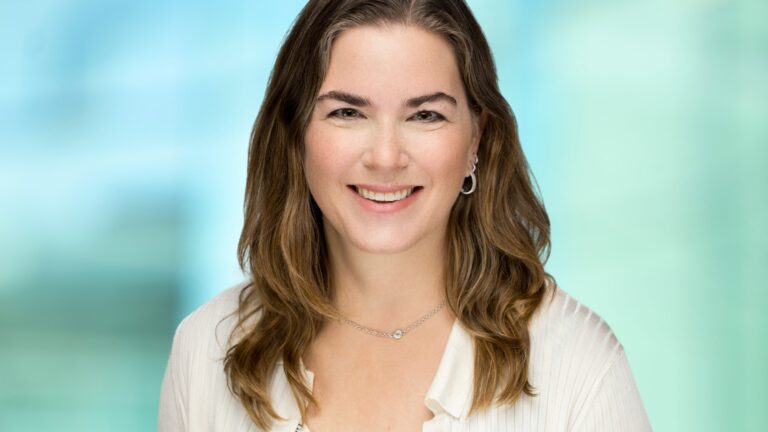
Greg Scott, Ph.D.
Dr. Greg Scott joined PVBLIC Foundation as the Executive Director of the SDG Data Alliance in January 2024, following 12 years in the United Nations providing the lead Secretariat support to the United Nations Committee of Experts on Global Geospatial Information Management (UN-GGIM). This included the establishment and growth of UN-GGIM, providing strategic policy advice and leadership, and guiding the development, coordination and implementation of the substantive content for UN-GGIM, including its World Geospatial Information Congresses, High-Level Forum’s, international technical capacity development workshops, and other international fora.
Prior to joining the United Nations, Greg previously spent 25 years in Geoscience Australia in several key roles delivering Australia’s national topographic mapping and derivative geospatial programs and providing independent scientific analysis and advice in the use of geospatial information for environmental management, emergency management, and critical infrastructure protection.
Today, Greg is leading the expansion of the SDG Data Alliance into a new phase for developing countries, including increased engagement with SIDS through the establishment of a SIDS Centre of Excellence and Global Data Hub in Antigua & Barbuda. Greg has a Graduate Diploma in Geography from the Australian National University, and PhD in Geomatics Engineering from the University of Melbourne.
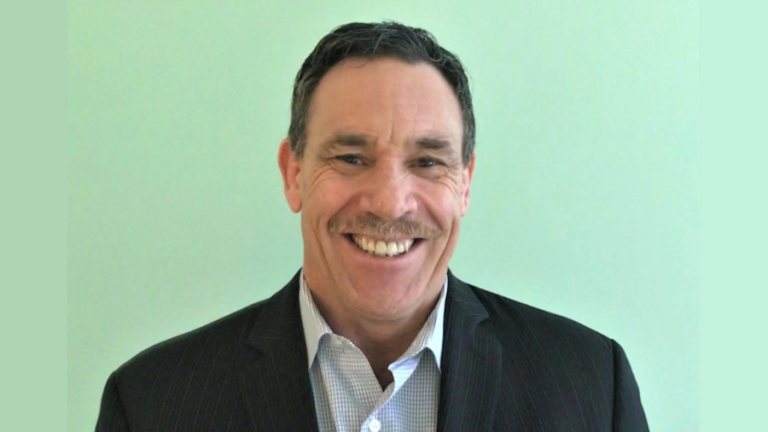
Boris Skoplijak
As vice president for the geospatial sector at Trimble, Boris Skopljak is responsible for innovation in the company’s surveying, mapping and building construction field solutions, contributing to Trimble’s market leadership in spatial data collection, processing, and analysis.
Boris’ background is in land surveying with over two decades of experience working for companies in both Europe and the US. Boris joined Trimble in 2011 serving in a variety of product management, strategic marketing and business leadership roles before assuming responsibility for leading Trimble’s geospatial sector in 2023. He is particularly focused on how emerging technologies like AI, IoT, sensor fusion, and cloud integration are transforming data collection and processing in the industry. Boris is a strong advocate for making high-precision geospatial technology more accessible to engineering and construction professionals across many industries globally.
Boris holds a Dipl. Eng. Degree in Geodesy and Geoinformatics from University of Zagreb, Croatia, a MSc. Degree in Geodesy from the Ohio State University, and an MBA from the Daniels College of Business, University of Denver.

Damian Spangrud
Damian Spangrud is the Director of Solutions at Esri.
In his 30 years at Esri, he has focused on making the Science of Where understandable and actionable. As part of Esri’s corporate management team, he often travels to speak about the role of GIS along with technology and innovation trends. In his role as Director of Solutions, Damian manages teams that evangelize the role of GIS across industries and build industry focused apps, making it easier to use GIS across organizations while driving innovation. Prior to his current role, he led Esri’s product management team as the ArcGIS Product Manager.
Damian has an MSc in Earth Science and Geography from Montana State University-Bozeman and a BS in Geography from the University of Colorado Boulder.
He has a passion for maps and spatial analysis and tweets about all things spatial (especially maps) @spangrud.
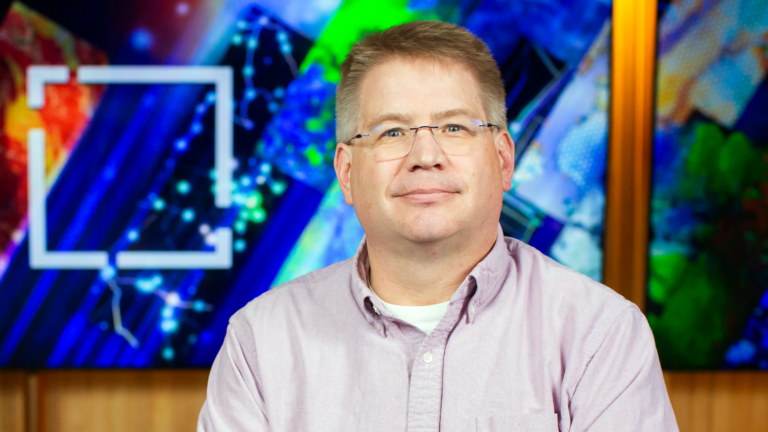
Barry C. Tilton
In 2025, Barry Tilton joined KBR/LinQuest, a national security space systems company, as a Chief Technical Advisor. In this role, he is responsible for orchestrating the technical development of a digital engineering framework for the National Reconnaissance Office (NRO). He provides technical leadership for a team of dedicated and supporting software and systems engineers, crafting both the core tool suite and integrating appropriate models and support systems across the enterprise. He conducts and supports consensus analyses to find optimal ways forward, while ensuring critical legacy functions are not disrupted by the new structures.
Prior to this role, he served as Technology Evangelist and Senior Director of Engineering for Maxar Intelligence. In this role, he shepherded Maxar’s diverse portfolio of technologies that have come to Maxar from its several legacy companies and helped evolve concepts for integrated solutions and services from that portfolio.
Previously, Mr. Tilton served as CTO and VP of Engineering for Vricon, where he orchestrated the integration of 3D technology into key US markets and worked on the evolution of that technology suite to meet new customer needs.
He is a 20-year Air Force veteran who worked as a Chief Engineer, Scientist, and Program Director while on active duty, working with the Air Force’s Space Division, NRO, Space Command, and the National Geospatial Intelligence Agency (NGA). Subsequent to his retirement from the Air Force in 2005, and prior to joining Vricon, he worked in industry supporting both air and space programs in remote sensing and space surveillance and resilience, He developed commercial geospatial intelligence GEOINT) applications for both the NRO and the NGA.





